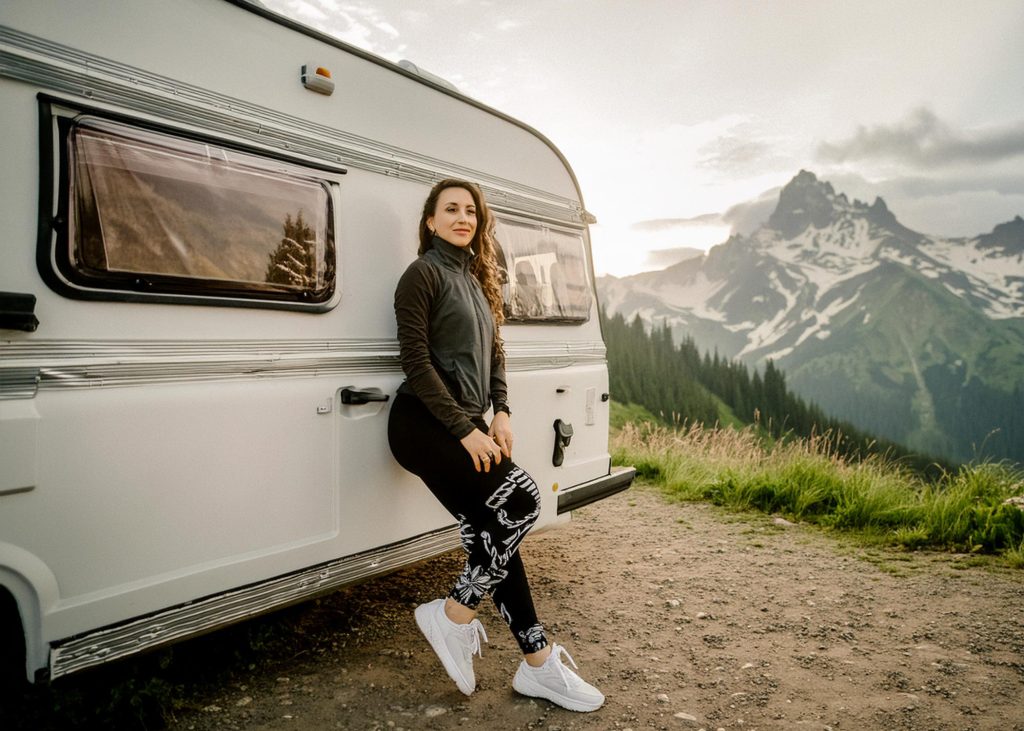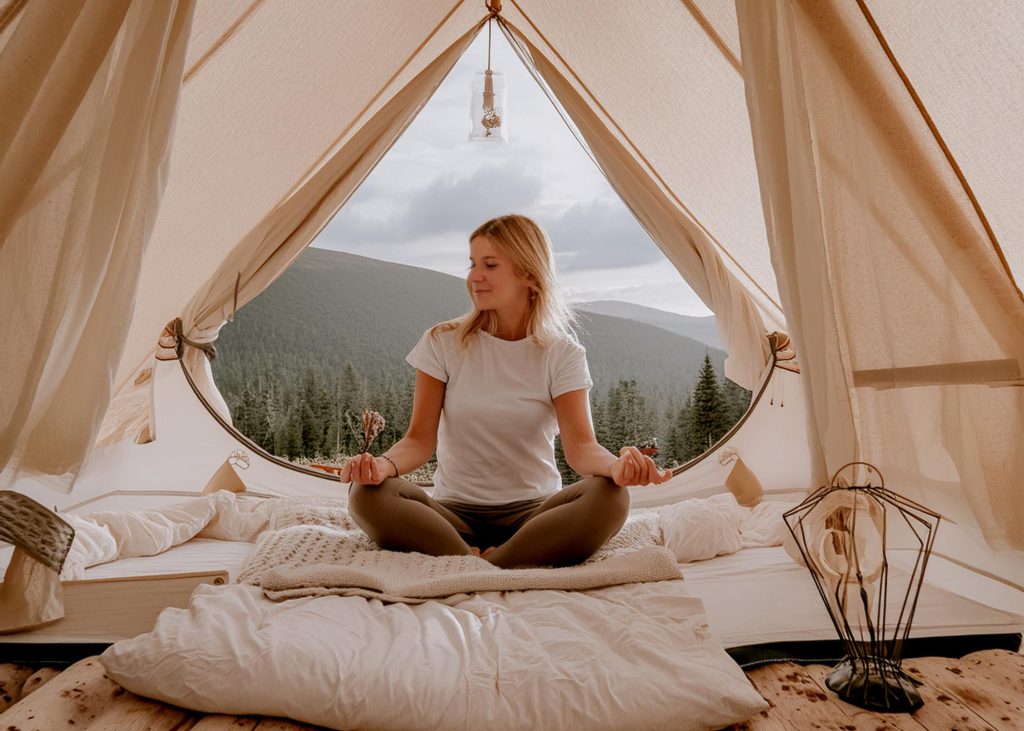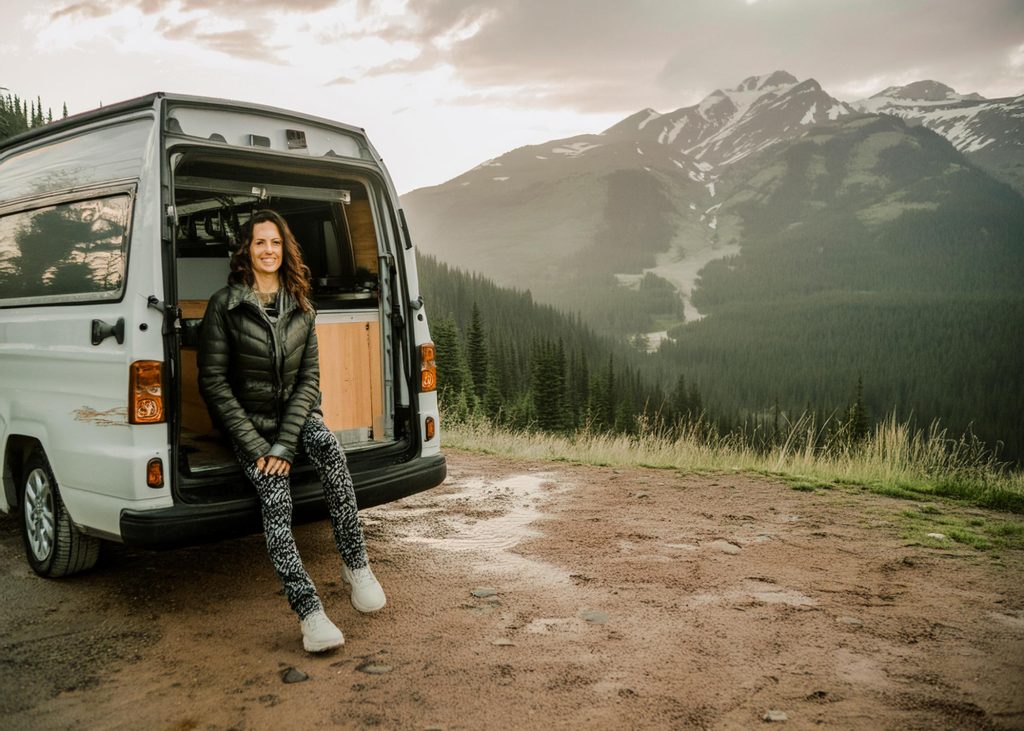Living a prepper lifestyle is becoming increasingly popular as individuals seek to be prepared for unforeseen situations, such as natural disasters, civil unrest, or economic collapse. One unique method of prepping is to adapt a mobile home, RV, caravan, van, or SUV for bugging out on the move or in a mobile method of staying away from turmoil, trouble, and unrest. This comprehensive guide will provide information on the essential aspects of this lifestyle, including supplies, safety, storage, fuel, and generators. We will also discuss the challenges and rewards of this lifestyle and provide useful web addresses for further information.
I. Choosing the Right Vehicle
- Size and Space: Select a vehicle that is suitable for long-term living and storage of essential supplies. Consider factors such as size, layout, and storage capacity. A mobile home, RV, caravan, van, or SUV with ample living space and a solid foundation is ideal.
- Mobility: Choose a vehicle that is reliable, fuel-efficient, and easy to maneuver. Consider factors such as engine size, fuel type, and towing capacity.
- Adaptability: Select a vehicle that can be customized and adapted to suit your specific needs and preferences. This may include installing solar panels, water filtration systems, or additional storage compartments.

II. Supplies
- Food and Water: Stock your vehicle with a sufficient supply of non-perishable food and water. Aim for a minimum of three months’ worth of supplies, including canned goods, dried fruits, and emergency water rations.
- First Aid and Medical Supplies: Equip your vehicle with a well-stocked first aid kit, including essential medications, bandages, and medical supplies. Familiarize yourself with basic first aid techniques and emergency medical procedures.
- Tools and Repair Supplies: Carry a comprehensive set of tools and repair supplies, including a multi-tool, duct tape, zip ties, and extra parts for your vehicle. Learn how to perform basic repairs and maintenance tasks.
- Clothing and Bedding: Pack clothing suitable for various weather conditions and a comfortable bedding system. Include items such as warm blankets, sleeping bags, and rain gear.

III. Safety and Security
- Vehicle Security: Install security features on your vehicle, such as locking doors, windows, and storage compartments. Consider adding a security system or alarm to deter theft and vandalism.
- Personal Protection: Carry self-defense items, such as pepper spray, a firearm, or a personal alarm. Familiarize yourself with basic self-defense techniques and emergency response procedures.
- Emergency Communication: Install a reliable communication system, such as a satellite phone or VHF radio, to stay in contact with other preppers and emergency services.
IV. Storage
- Organize and Maximize Space: Utilize every available inch of space in your vehicle by implementing smart storage solutions. This may include installing shelves, drawers, and cargo nets.
- Label and Categorize Supplies: Clearly label and categorize your supplies to ensure easy access and organization. This will help you quickly locate essential items in an emergency situation.
- Rotate and Inspect Supplies: Regularly rotate and inspect your supplies to ensure they remain fresh and functional. This includes checking expiration dates, testing batteries, and inspecting equipment for signs of wear and tear.
V. Fuel and Power
- Fuel Efficiency: Choose a vehicle with a fuel-efficient engine and optimize your driving techniques to minimize fuel consumption. Learn how to drive using fuel-saving techniques, such as reducing speed and avoiding unnecessary idling.
- Solar Power: Install solar panels on your vehicle to generate electricity for essential devices and equipment. This will help reduce your dependence on fuel-powered generators and increase your self-sufficiency.
- Emergency Fuel: Store a reserve of fuel in case of emergencies or unexpected situations. Keep fuel containers secure and well-ventilated to prevent accidents.
VI. Challenges and Rewards
Living a prepper lifestyle in a mobile home, RV, caravan, van, or SUV presents both challenges and rewards. Some of the challenges include:
- Limited space and resources
- Dependence on fuel and power sources
- Adaptability to changing environments and situations
However, the rewards of this lifestyle are numerous, including:
- A sense of adventure and freedom
- A connection with nature and the environment
- A self-sufficient and sustainable way of life
VII. Web Addresses
- American Preppers Network:https://americanpreppersnetwork.com/
- The Prepper Journal:https://www.theprepperjournal.com/
- Mobile RV Academy:https://www.mobiler-vacademy.com/
- RV Solar Store:https://rvsolarstore.com/
Living a prepper lifestyle in a mobile home, RV, caravan, van, or SUV is a unique and rewarding way of life that offers a sense of adventure, freedom, and self-sufficiency. By understanding the essential aspects of this lifestyle, such as supplies, safety, storage, fuel, and generators, individuals can successfully navigate the challenges and reap the rewards of this alternative way of life.

The Guide (Continued) to Living a Prepper Lifestyle in a Mobile Home, RV, Caravan, Van, or SUV (Continued)
In this continuation of our comprehensive guide to living a prepper lifestyle in a mobile home, RV, caravan, van, or SUV, we will delve deeper into specific topics such as water filtration, waste management, and bugging out strategies. We will also provide additional web addresses for further information and resources.
I. Water Filtration
- Water Storage: Store a sufficient supply of clean, potable water in your vehicle. Aim for a minimum of three months’ worth of water, including both drinking and non-drinking water for hygiene purposes.
- Water Filtration Systems: Install a water filtration system in your vehicle to purify water from natural sources, such as rivers, lakes, and streams. Choose a system that is portable, efficient, and easy to maintain.
- Water Treatment: Familiarize yourself with water treatment methods, such as boiling, chemical treatment, and UV purification. Carry a supply of water treatment chemicals, such as iodine or chlorine dioxide, to treat water in emergency situations.
II. Waste Management
- Greywater: Collect and store greywater, or wastewater from sinks, showers, and washing machines, in a designated container. Dispose of greywater responsibly, either by using it for watering plants or releasing it into the environment in a safe manner.
- Blackwater: Store blackwater, or wastewater from toilets, in a designated holding tank. Dispose of blackwater at designated dump stations or in a safe, environmentally friendly manner.
- Trash: Minimize waste by recycling, composting, and disposing of trash responsibly. Store trash in designated containers and dispose of it at designated waste management facilities.

III. Bugging Out Strategies
- Route Planning: Plan your bug-out route in advance, taking into consideration factors such as fuel availability, road conditions, and potential hazards. Choose a route that is safe, efficient, and adaptable to changing circumstances.
- Bug-Out Locations: Identify potential bug-out locations, such as remote camping sites, national parks, or private land owned by friends or family members. Research each location’s resources, such as water sources, fuel availability, and safety considerations.
- Communication and Coordination: Establish a communication plan with other preppers and potential bug-out partners. Coordinate your plans and share information to ensure a safe and successful bug-out.
IV. Additional Web Addresses
- The Berkey Guy:https://www.berkeyfilters.com/
- RV Dump Stations:https://www.rvdumps.com/
- Prepper Camp:https://preppercamp.com/
- Prepping 101:https://www.prepping101.com/

Living a prepper lifestyle in a mobile home, RV, caravan, van, or SUV requires careful planning, preparation, and adaptability. By understanding the essential aspects of this lifestyle, such as water filtration, waste management, and bugging out strategies, individuals can successfully navigate the challenges and reap the rewards of this unique way of life. Remember to continuously learn, adapt, and network with other preppers to ensure a safe and successful prepping journey.

